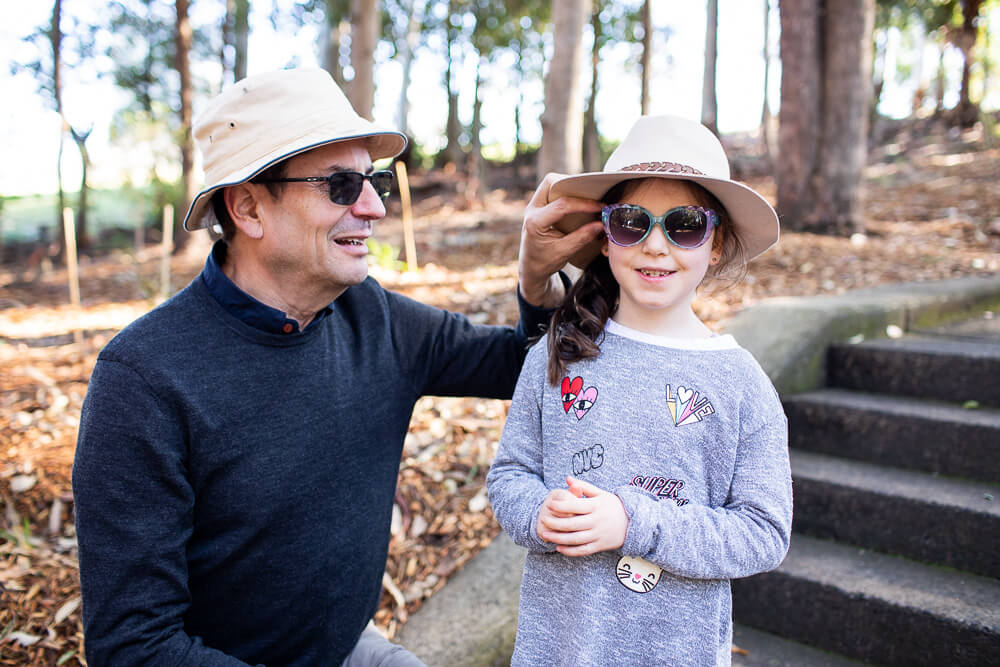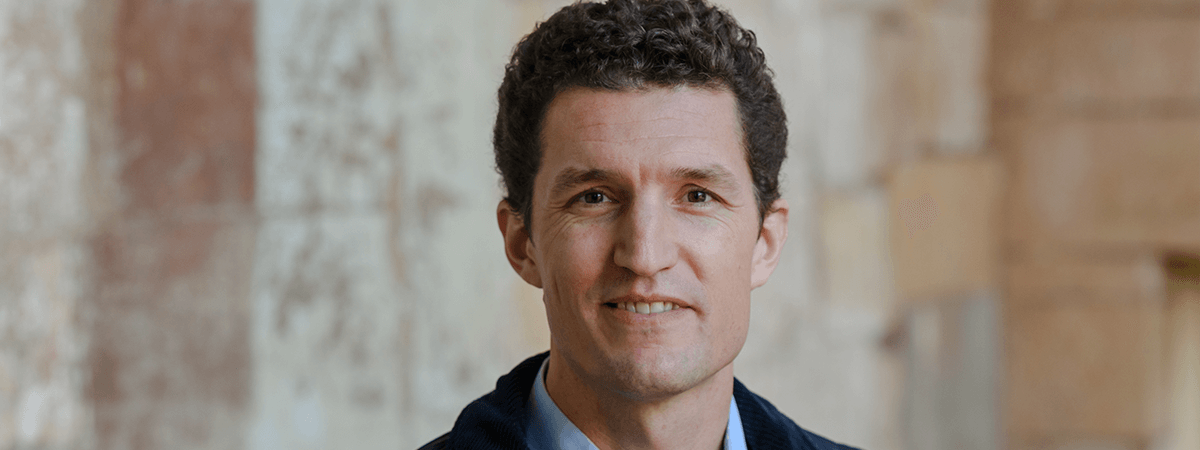Associate Professor Antoine de Weck
Cancer takes the lives of more children in Australia than any other disease, with research and innovation key to developing safer and more effective treatments for children with cancer.
Cancer Institute NSW is proud to support the research efforts of Associate Professor Antoine de Weck, who was awarded a $570,660 Career Development Fellowship to help drive his work in childhood cancer drug discovery.
Supported by our grant scheme, Associate Professor de Weck established the Computational Drug Discovery Biology Group at the Children’s Cancer Institute. His research focuses on identifying and informing the advancement of new targeted therapies, providing more treatment options and improving outcomes for hundreds of children with cancer across Australia.
“I have a very strong desire and motivation to work in drug discovery and participate in the identification of new drugs,” Associate Professor de Weck said.
“There is a clear lack of paediatric-specific drug discovery programs, so this project offers a unique opportunity to fill that gap so we can try to identify drugs where the focus is paediatric first.
“There are no targeted drug therapies for many common paediatric cancers, and where targeted therapies do exist, they have usually been developed for adult cancers.
“The mechanisms driving paediatric and adult cancers are usually different, so often the only treatment option for children is chemotherapy - which can be harsh and more harmful.”
Associate Professor de Weck and his team leverage the wealth of clinical data obtained from the Zero Childhood Cancer Program and other large-scale international datasets.

The Zero Childhood Cancer Program is a world-leading precision medicine program for children with cancer, co-led by Children’s Cancer Institute and The Kids Cancer Centre at Sydney Children’s Hospital, Randwick.
It's working to revolutionise the treatment of childhood cancer, aiming to improve survival, reduce side effects and advance the scientific understanding of childhood cancer.
“The Zero Childhood Cancer Program provides access to clinical models and clinical data which is rare in drug discovery,” Associate Professor de Weck said.
“We are trying to use and combine these datasets to identify new vulnerabilities in cancer, so we can then find new or existing compounds capable of targeting those vulnerabilities.
“Working in collaboration with the team at the Children’s Cancer Institute, we take the most promising findings and accelerate the development of novel drugs for clinical testing.”
By taking steps to streamline and accelerate the drug discovery and development pipeline for paediatric cancer, Associate Professor de Weck looks to a future where every child diagnosed with cancer has access to life-saving and life-changing drug therapies.
“It is my biggest hope that we can find better and more targeted treatments,” Associate Professor de Weck said.“I think it has already started in terms of there has been an increased interest in drug discovery, which I think is really exciting.”
Associate Professor Antoine de Weck is a Computational Biologist at the Children’s Cancer Institute (CCI). You can view his full biography at the CCI website.
